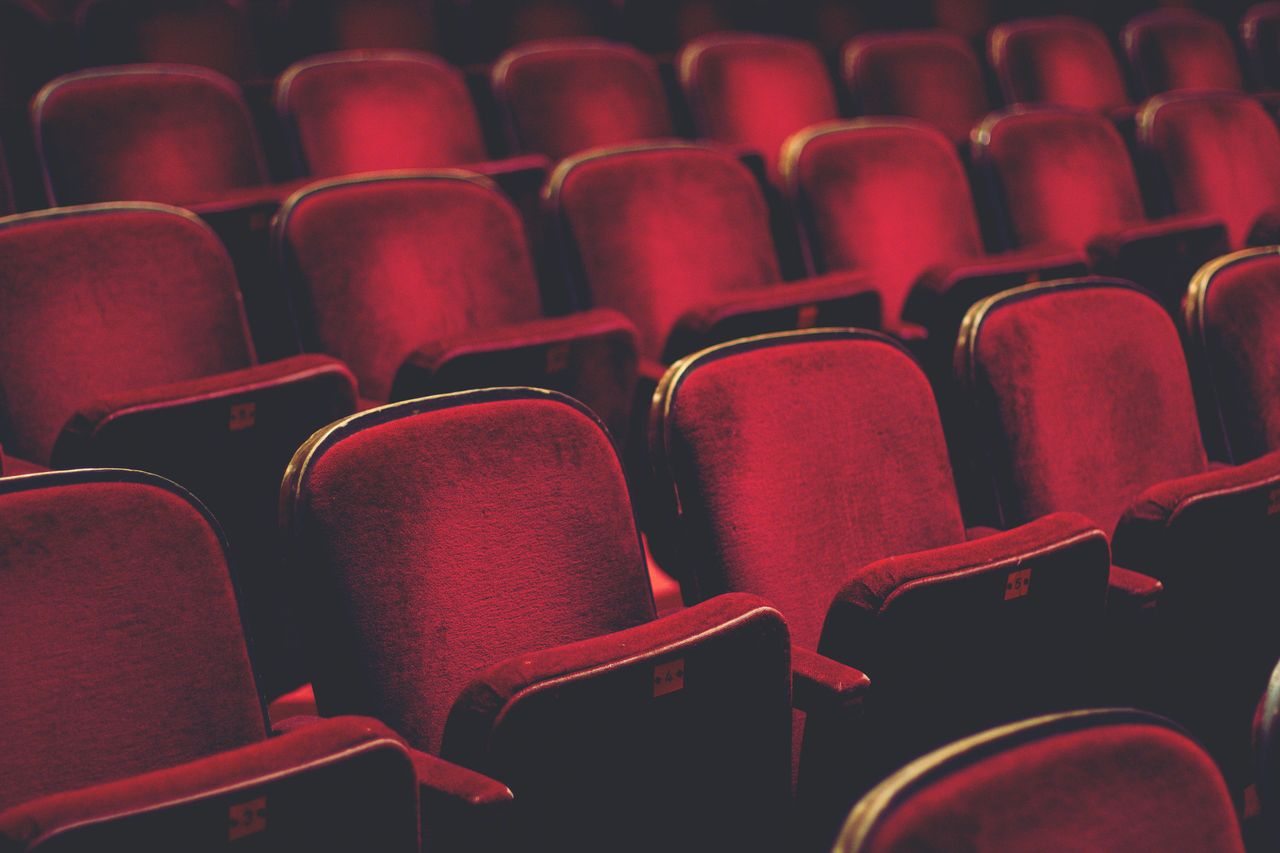Women bosses in film are far more likely to be objectified according to new study backed by Geena Davis

We love watching films with powerful women at the helm, but too often she’ll be objectified in some way, according to findings from Plan International.
Alongside the Geena Davis Institute on Gender and Media, Plan International found that many powerful women in film are still depicted in skimpy outfits or putting up with sexual harassment in some way.
Their 40 page report called Rewrite Her Story analysed the 56 top-grossing films from 2018 across 20 countries. They analysed gender, screen time, and leadership portrayal, as well as the opinions of over 10,000 young women to see how films influence future career choices.
Their research claims that entertainment media fails to show “high-quality” portrayal of women and girls on screen, instead relying on stereotyping and objectification.
The Geena Davis Institute has a policy against calling out film and TV production studios, so the films they did analyse have not been made publicly available for legal reasons.
Research also showed that there were no women directors among the top-grossing domestic and international films studied. In fact, only one in four films had at least one female producer, and only one in 10 had at least one woman on the writing team.
When it comes to screen time, men appeared 67 per cent of the time whilst women appeared 33 per cent, and male characters also spoke twice as much as female characters.
Sign up for the woman&home newsletter
Sign up to our free daily email for the latest royal and entertainment news, interesting opinion, expert advice on styling and beauty trends, and no-nonsense guides to the health and wellness questions you want answered.
MORE:People aren’t happy about a sexist review of Debbie Harry’s memoir

In addition, women are 30 per cent more likely to be shown in revealing clothing, twice as likely to be partially nude, and four times as likely to be fully nude on screen.
MORE:Olivia Colman says Queen role in The Crown was ‘most difficult thing she’s ever done
Women characters in leadership roles are also more likely to be objectified by others, and more likely to be harassed during the film too.
A whopping 94 per cent of women in the survey said that gender works against female professionals, and that there’s not enough of them on screen to impact young women who are going to the cinema.
Despite the fact characters might be likeable, intelligent and capable, they’re still massively under represented based on this study’s findings.
One surveyed woman from Uganda said, “Of course, it hurts me because even if I know I could be a leader, I won’t do it because I see it is just for men, not for women. So that affects me. I’ll have to sit back and watch men doing it, even though I am capable of doing it, too.”
The report has called for action to fund women filmmakers, to stop the sexualisation and objectification of women on screen, and to develop more projects which will inspire young women.
Lucy Buglass is a Digital Writer specialising in TV, film and lifestyle content and has written for What's On TV, GoodtoKnow and Whattowatch.com. She's passionate about entertainment and spends most of her free time watching Netflix series, BBC dramas, or going to the cinema to catch the latest film releases. In her spare time, she writes film and television reviews for JumpCut Online and her own blog, Lucy Goes To Hollywood.
-
 Owen Cooper's Adolescence audition tape is fascinating - you'll instantly see why he got the role of Jamie
Owen Cooper's Adolescence audition tape is fascinating - you'll instantly see why he got the role of JamieThe footage has left fans in awe - and is well worth a watch
By Lucy Wigley Published
-
 Victoria Beckham rarely ditches her heels, but when she does adidas is her go-to – we've found similar trainers in the Amazon Spring Sale
Victoria Beckham rarely ditches her heels, but when she does adidas is her go-to – we've found similar trainers in the Amazon Spring SaleShop similar white trainer styles from as little as £30
By Molly Smith Published